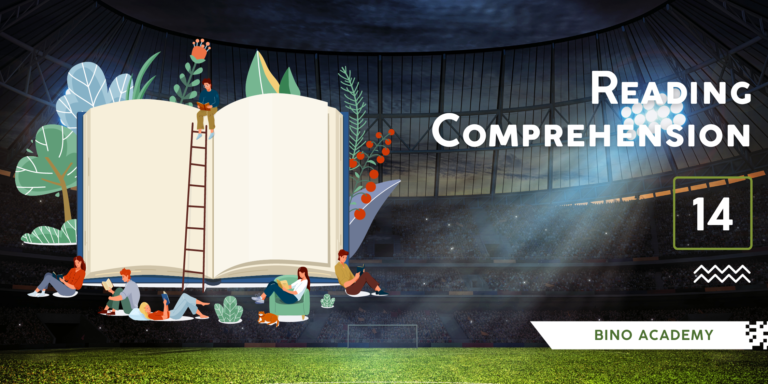Cấp độ: Intermediate
Audio:
Reading Text:
RoboCup is a football competition that has taken place every year since 1997. But the players are not human; they are robots. The competition’s full name is ‘Robot Soccer World Cup,’ and the aim is to create, by the middle of the 21st century, a team of robot footballers that are able to play against and beat the winners of the real World Cup.
In order for robots to play football, robotics companies have had to develop special technologies. A robot can’t just run onto the field and start kicking the ball. So each robot is fitted with a webcam which is connected to a computer inside the robot. The robot is able to see where the other players are, where the goal is and, most importantly, where the ball is. They are programmed to make their own decisions and during the match the robots’ creators are not allowed to tell them what to do. The robots are, however, able to communicate with other members of their team, via a wireless network. They might, for example, communicate a message like this to a team-mate: ‘I’m nearest the ball. I’m going to kick it. You go and defend the goal.’ They know who to pass to and how best to get the ball past an opponent. Australian, German and American teams dominate the competition, though teams from twelve countries competed at the last tournament.
There is a long way to go before robots will be able to compete against humans. They need to become more intelligent and become able to react more quickly and anticipate the game. But the technologies that are being developed for scoring goals have other uses as well. It may be possible to develop robots that can be used in search and rescue, for example, finding people trapped in buildings after earthquakes.
They may not be as fun to watch as real footballers, but at least they don’t demand enormous salaries!
500 Bài Luyện Đọc Hiểu – Đọc Điền Tiếng Anh by Trang Anh
NEW VOCABULARY:
Taken place (phrasal verb): diễn ra
Technologies (n) /tekˈnɑː.lə.dʒi/: công nghệ
Webcam (n) /ˈweb.kæm/: Camera trước của máy tính, ipad
Programmed (v) /ˈproʊ.ɡræm/: Được lập trình
Wireless (adj) /ˈwaɪr.ləs/: Không dây
Dominate (v) /ˈdɑː.mə.neɪt/: Thống trị
Anticipate (v) /ænˈtɪs.ə.peɪt/: dự đoán
Rescue (v) /ˈres.kjuː/: Giải cứu
Earthquakes (n) /ˈɝːθ.kweɪk/: Động đất
Enormous (adj) /əˈnɔːr.məs/: To lớn.
QUESTIONS:
The movement of each robot is controlled by
a the fans of each team.
b itself.
c the captain of the team.
d the owner of the robot.
2 During the match, the robots can communicate with
a any other robot on the pitch.
b the people who created them.
c other robots in the same team.
d no other robots or people.
3 Before the robots can play against humans,
a more countries need to get involved.
b they need increased intelligence and better movement.
c they simply need to become more clever.
d the technologies need to be applied in areas other than football.
4 The main goal of the organisers is to
a have the robots play in the real World Cup.
b develop technologies that can help in search and rescue.
c make it more fun to watch than real footballers.
d eventually build robots that can play better than humans.


1. b itself
2. c other robots in the same team.
3. b they need increased intelligence and better movement
4. b develop technologies that can help in search and rescue.